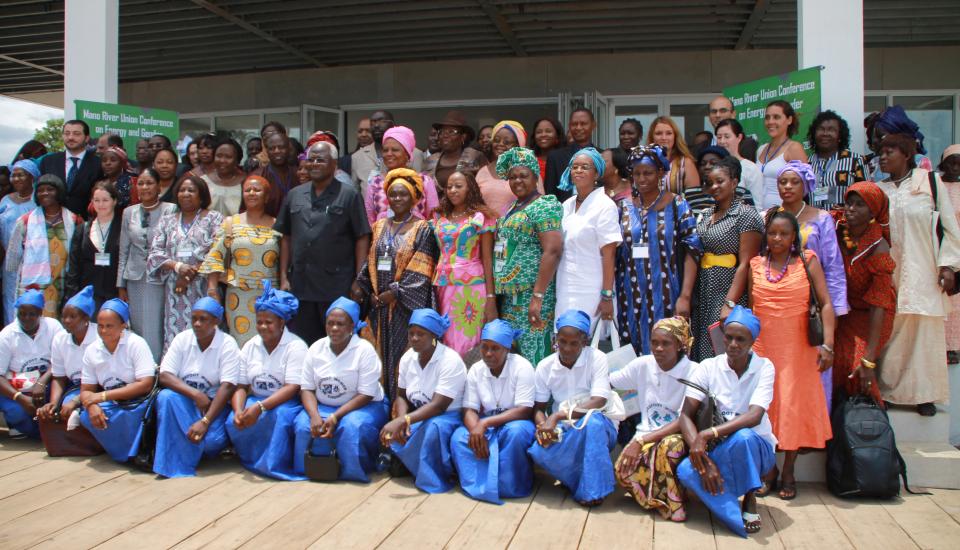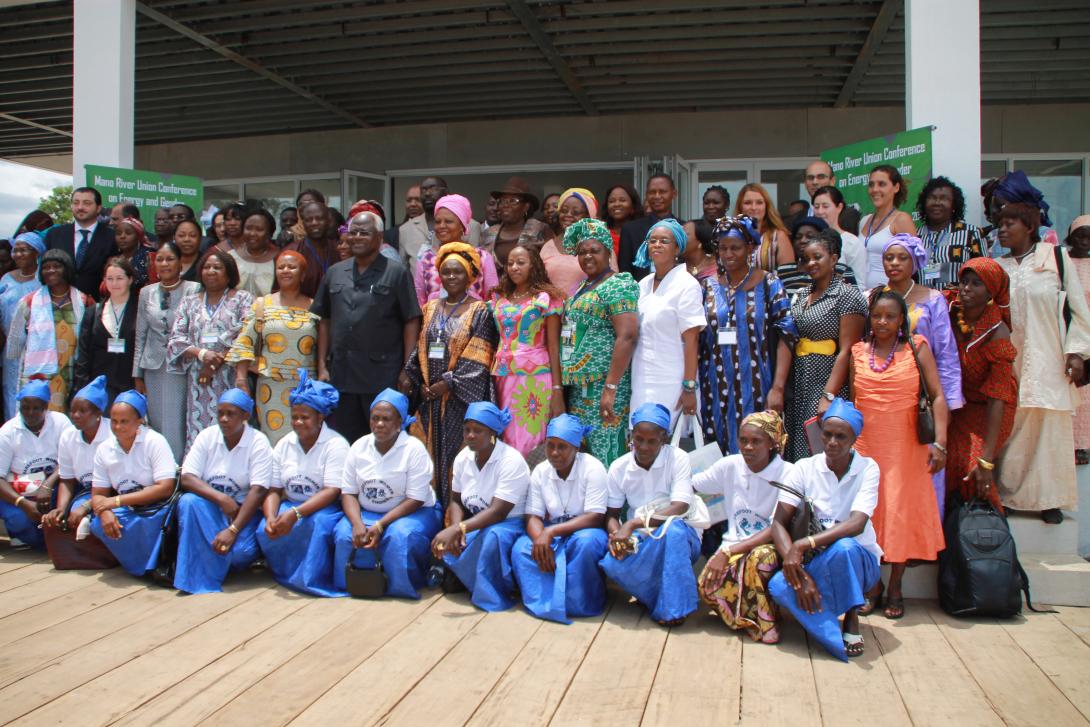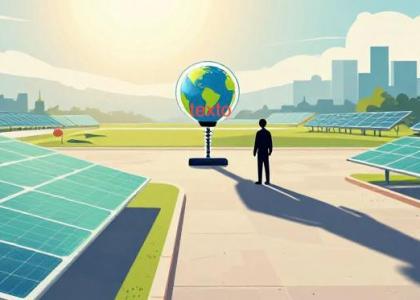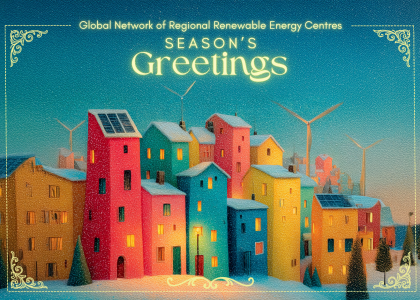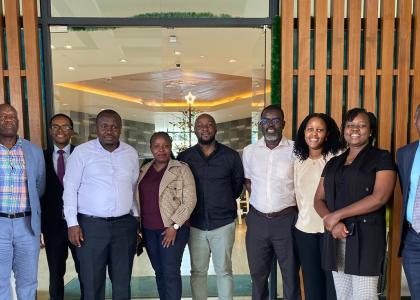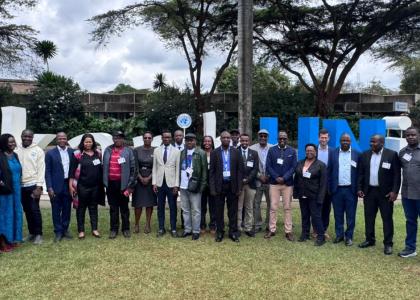The ECOWAS Centre for Renewable Energy and Energy Efficiency (ECREEE), the Government of Sierra Leone, the MRU, the United Nations Industrial Development Organization (UNIDO) and the African Development Bank (AfDB) jointly organized a 3-day conference on “Women’s Economic Empowerment through Energy Access in the MRU sub-region”, in Freetown, Sierra Leone, from 7 -9 May, 2013.
The conference was attended by over 250 people from the MRU and ECOWAS region, including the President of the Republic of Sierra Leone, Ministers for Energy and Gender from the MRU sub-region, women organizations and civil societies. Also in attendance were development partners including the ECOWAS arm of Human Development and Gender, the International Fund for Agricultural Development (IFAD), United States Agency for International Development (USAID), and the United Nations (UN).
The Mano River Union (MRU) sub-region, with a population of approximately 40 million people, has an electricity access rate averaged at 22.6%. In Côte d’Ivoire, Guinea, Liberia and Sierra Leone, traditional biomass is the main source of energy for cooking and heating. The dependency on inferior fuels, especially at the household level, widens the gender gap that exists between men and women as the burden associated with using these fuels falls more heavily on women. The implication of this is evident in the fact that women in the sub-region lag behind their male counterparts in most socio-economic indicators.
In his opening statement, the President of the Republic of Sierra Leone, His Excellency, Dr. Ernest Bai Koroma, recognized “Gender Equality and Women’s Empowerment” as a priority pillar in the country’s agenda for prosperity. He noted that energy access, particularly through renewable energy and energy efficient technologies, is a strategy the government is employing to achieve its objectives for development. Stressing the importance of clean energy in women’s development the President added that “access to efficient energy empowers women, ensures productivity, enhances family health and improves quality of life”.
Organized against the background that women’s empowerment through energy access include improving energy access for income generating activities and recognizing women as active actors in renewable energy and energy efficiency market developments, the conference provided an opportunity to present case-studies of best practices on women’s empowerment through sustainable energy, from the sub-region and the wider ECOWAS region. The Conference also featured a training session on “Energy Access and Women’s Entrepreneurship Development”.
The highlights of the conference included the development and adoption of the Action Plan on “Women’s Economic Empowerment through Energy Access in the MRU sub-region”, and the establishment of a MRU working group on Women and Sustainable Energy.
The Action Plan, developed by the participants and adopted by the Ministers for Energy and Gender in the MRU sub-region, include key elements on policies and institutional frameworks; networking and knowledge sharing; capacity building; and economic and financial instruments.
The working group comprised the Ministers for Energy, Gender, Environment, Finance, Parliament, Civil Societies, Academia and the private sector of the MRU sub-region, and was charged with the mandate to implement the actions contained in the plan. The working group will be chaired by the Minister for Energy, Sierra Leone, Mr. Oluniyi Robin-Coker, and co-chaired by the Minister for Gender, Guinea, Madam Hadja Diaka Diakite.
The First Lady of the Republic of Sierra Leone, Mrs. Sia Nyama Koroma, closed the conference with the assurance of the Government’s commitment to promoting women’s access to sustainable energy for their social and economic development.
The conference was one of a series of activities to mark the 40th anniversary of the signing of the MRU treaty and a follow-up to the hugely successful ECOWAS-GFSE-UNIDO High Level Energy Forum, held from 29 to 31 October 2012 in Accra, Ghana which saw the adoption of the ECOWAS Renewable Energy and Energy Efficiency policies by the ECOWAS Ministers. The policies envisage that by 2014, Member States would have developed and adopted their own "gender-sensitive" national renewable energy policies which will contribute to the regional ECOWAS targets.

